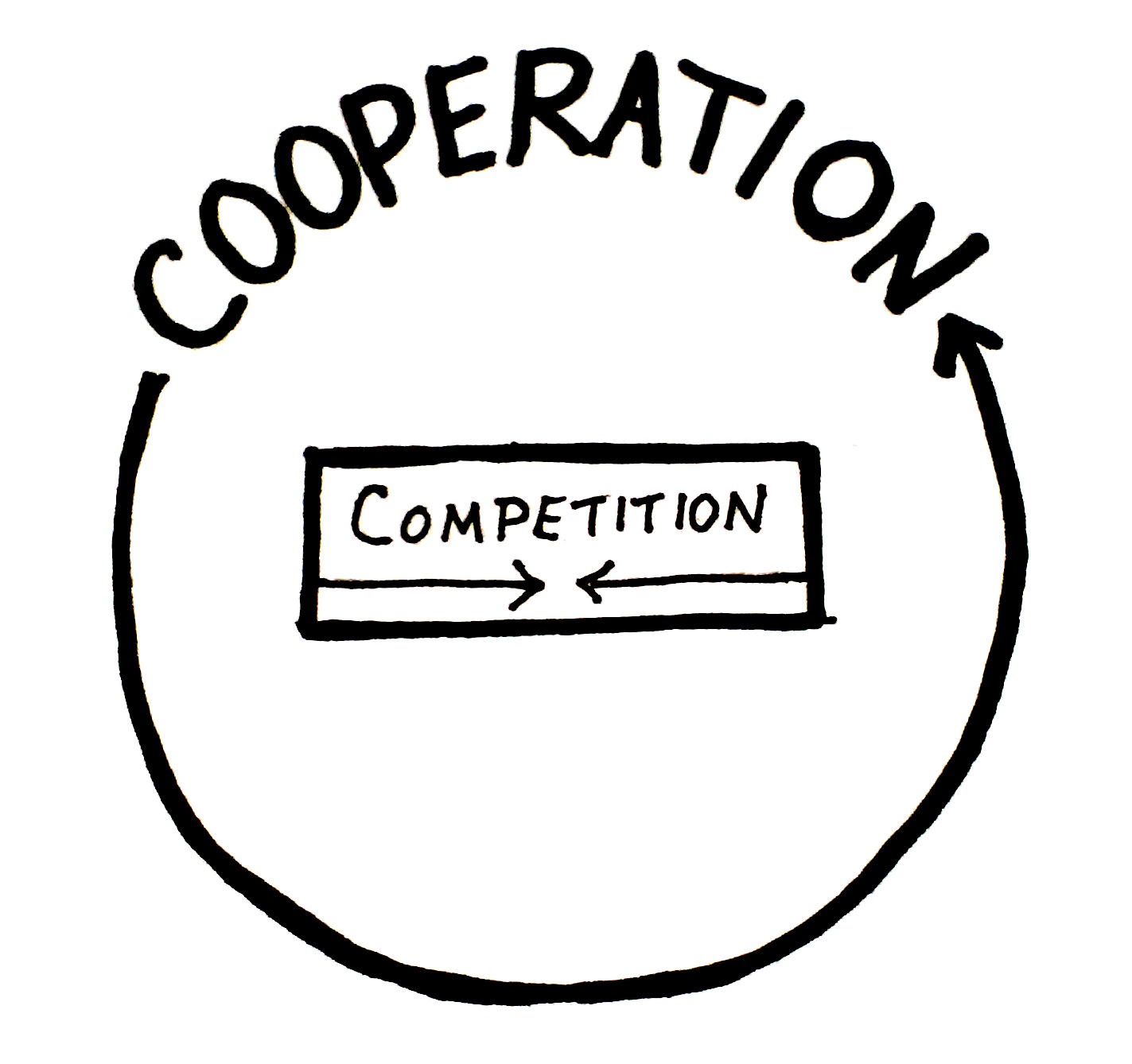According to Jacobs, sexual identity develops through stages 3-4-5 between the ages of 3-18. The child moves further from the parents not just in a physical way but also in a psychological sense.

The genitals are the source of curiosity and pleasure. Gender identity is formulated during this stage along with sexual identity. First, sexuality is at an infantile stage. It is important that the child is able to give love and gradually give up the love of parents and being able to share that with others. The child’s sexuality should be accepted. It can be expressed towards the opposite sex parent. (Oedipal love) Later during adolescence those feelings will be directed outwards into relationships with peers. If these stages are negotiated well, later they will be loved as a whole, not as sexual objects. If the child has a good enough relationship with the same sex parent, internalizing the positive aspects of that parent will occur. Successful resolution is likely to happen if the parents relate reasonably well to each other and to the child too. As a result, later as an adult they will be able to relate to the sexual partner well without the child/ parent relationship distorting the relationship. They will be able to detach from the parents, too. Interestingly enough, successful resolution will also enable the child to cooperate with others and they will be able to be competitive without anger or shame.
Unsuccessful resolution, for example if the child’ sexuality is rejected or criticised, may result in their sexuality being inhibited or they can be too dominant. Unresolved Oedipal issues can also lead to triangular situations. For example if a child is used as a confidant, or as an ally against the other parent, it can lead to role confusion and later these children as adults, can be caught up in triangular situations, e.g. splitting of sex and affection will on two or more people. Sex can be seen as threatening. People with unresolved genital stage issues can be over-competitive, jealous, fearful, rivalrous or feeling inferior. Clients may internalize only the negative aspects of the same sex parent. Relating to emotionally unavailable figures is also a theme. Alternatively, they can have sexual relations in which the partner is inferior or submissive. Confusion around sexual identity is also quite common, they can have doubts and anxieties about being homosexual.
Regarding the counselling relationship and potential difficulties, these clients may have difficulty talking about sex because it is seen as threatening or too exciting. They might have a wish for the counsellor to be a lover. They might be jealous of other clients or have a need to be special. Alternatively, they can compare themselves to other clients or be curious about other clients or about the counsellor’s private life.
The counsellor can help by enabling clients to talk about their sexuality, help them feel appreciated without being seductive and explore sexual transference. Allowing anger or frustration to be expressed is helpful and linking it to past relationships too. (Triangle of Insight) Linking and exploring current triangular situations to problems with parents may prove helpful too.
Bibliography:
Jacobs, M. (2012) The Presenting Past: The Core Of Psychodynamic Counselling And Therapy, Open University Press
Erikson’s Eight Stages of Development:
https://www.goodtherapy.org/blog/psychpedia/erikson-eight-stages-development
No comments:
Post a Comment